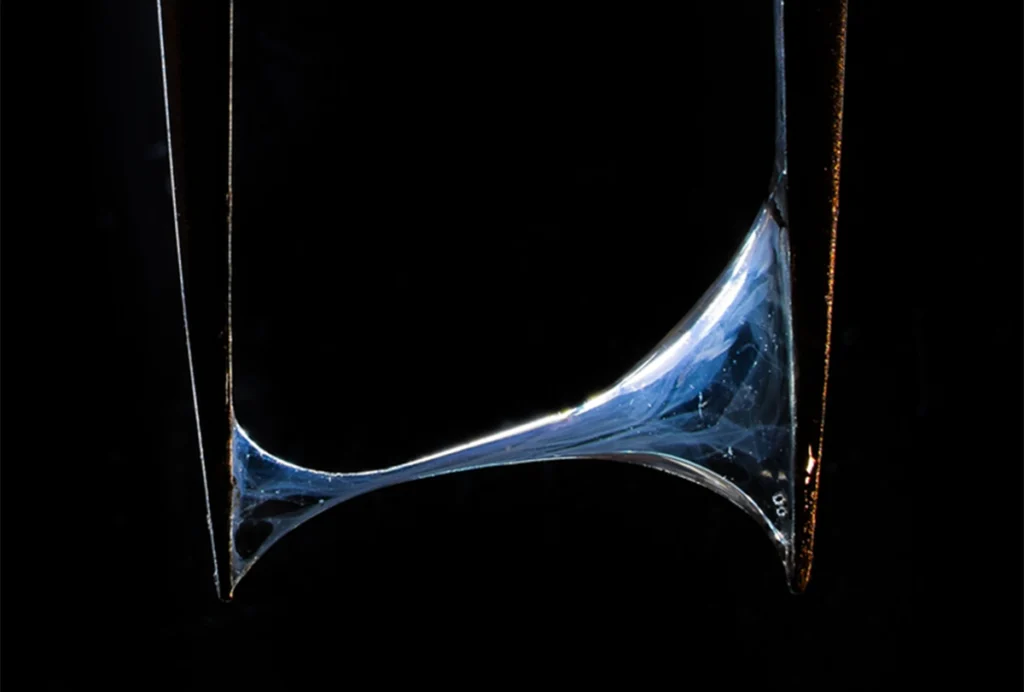Rebecca Horne oversees and directs The Transmitter’s multimedia operations and commissions illustrations, photography, videos and other multimedia content. Prior to joining the team, Rebecca was photography director and photography editor for Discover magazine and The Wall Street Journal, where she won several awards for her work. Originally from California, she has also served as an art producer at the advertising agency Addison Design, a photography producer at Airbnb and the multimedia app Storehouse. She has also taught photography at the California College of the Arts and Rutgers University, and has written on art and science for Wired, CNN, The Wall Street Journal, Nautilus and others.
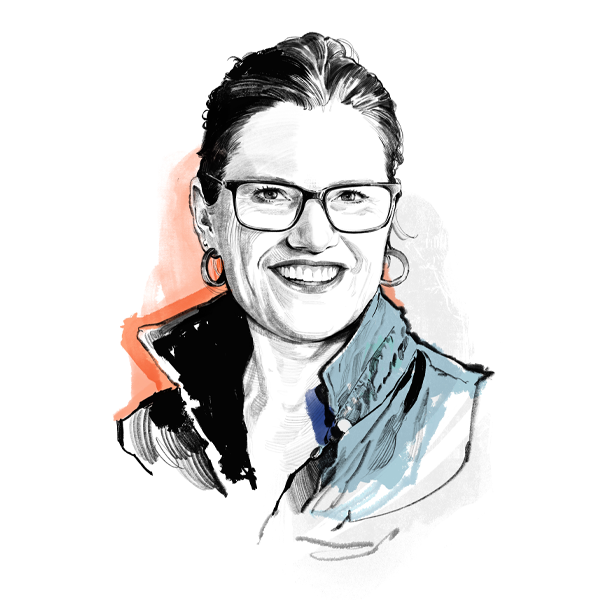
Rebecca Horne
Art director
The Transmitter
From this contributor
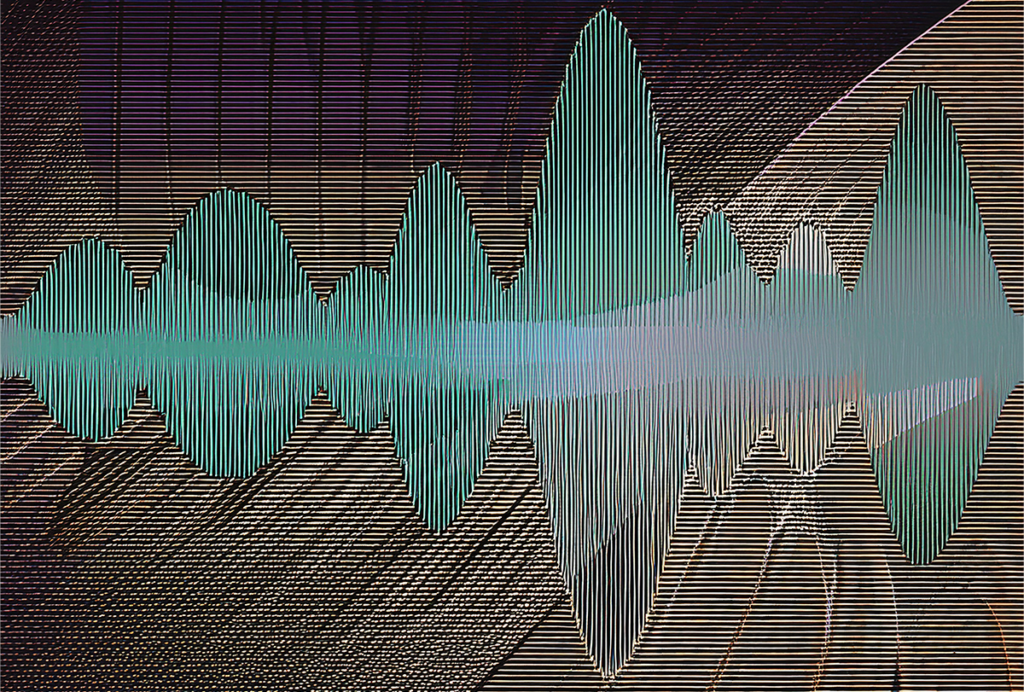
Keeping it personal: How to preserve your voice when using AI
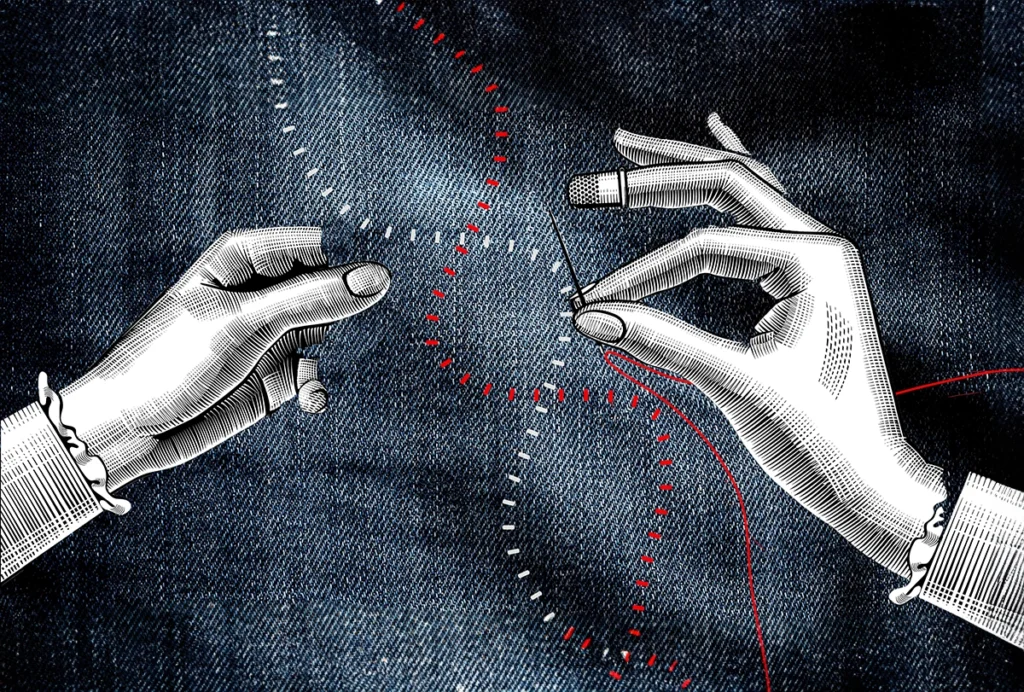
Untangling biological threads from autism’s phenotypic patchwork reveals four core subtypes

Improvising to study brains in the wild: Q&A with Nacho Sanguinetti-Scheck
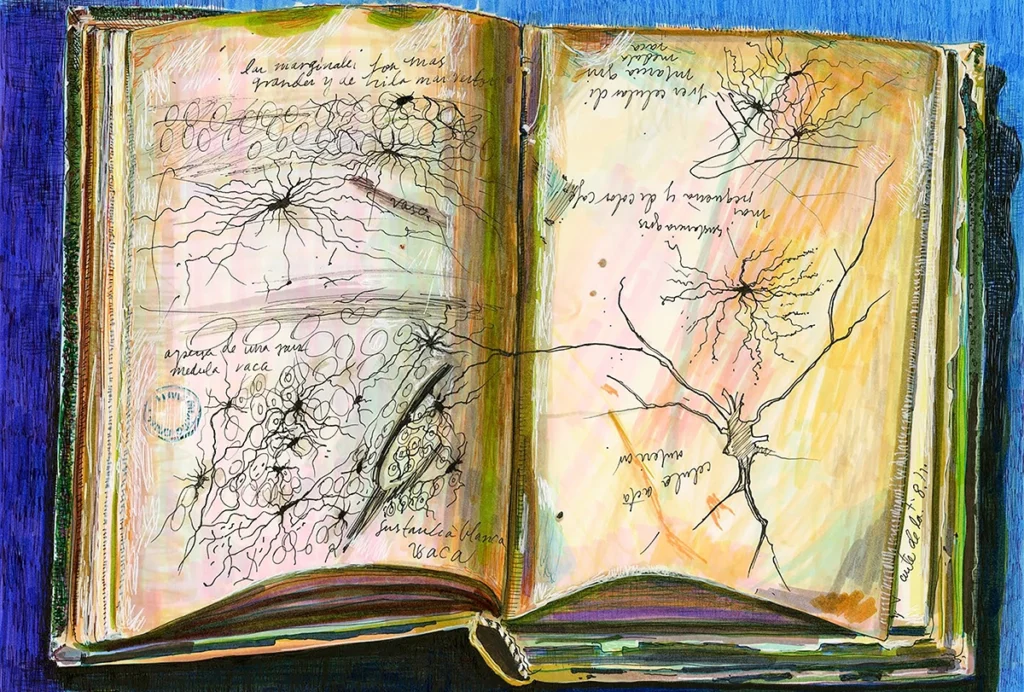
Redrawing Santiago Ramón y Cajal: Q&A with Dawn Hunter
Education
- M.F.A., Rutgers University
- B.F.A., San Francisco Art Institute
Explore more from The Transmitter
Exclusive: Recruitment issues jeopardize ambitious plan for human brain atlas
A lack of six new brain donors may stop the project from meeting its goal to pair molecular and cellular data with the functional organization of the cortex.
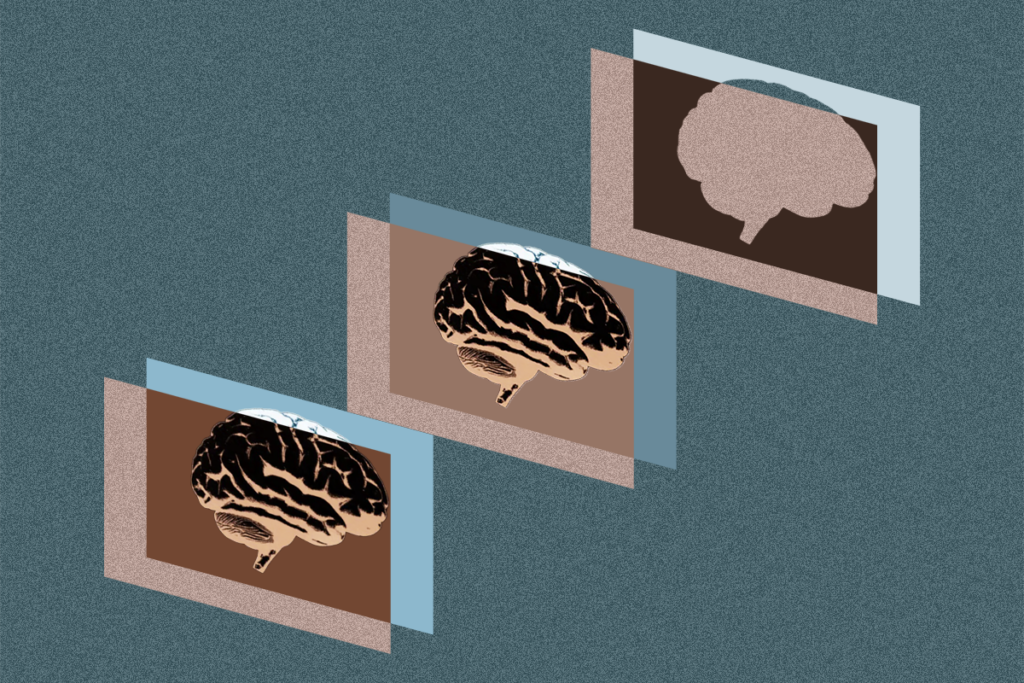
Exclusive: Recruitment issues jeopardize ambitious plan for human brain atlas
A lack of six new brain donors may stop the project from meeting its goal to pair molecular and cellular data with the functional organization of the cortex.
How pragmatism and passion drive Fred Volkmar—even after retirement
Whether looking back at his career highlights or forward to his latest projects, the psychiatrist is committed to supporting autistic people at every age.
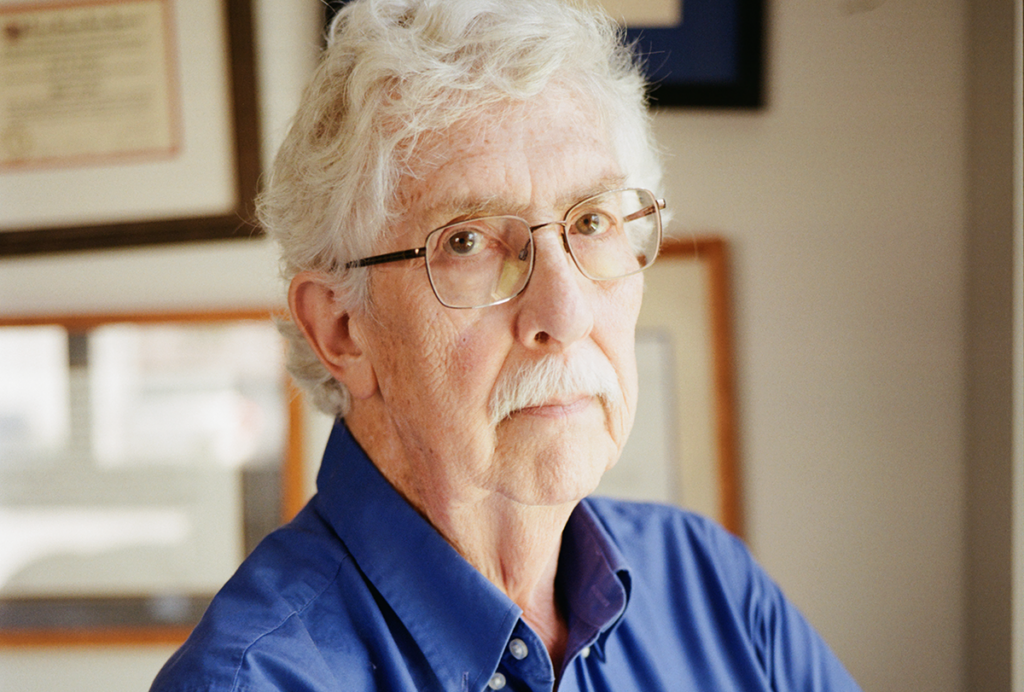
How pragmatism and passion drive Fred Volkmar—even after retirement
Whether looking back at his career highlights or forward to his latest projects, the psychiatrist is committed to supporting autistic people at every age.
The brain’s quiet conductor: How hidden cells fine-tune arousal
New research published today suggests that the pericoeruleus acts as a kind of micromanager of arousal, selectively inhibiting different subgroups of locus coeruleus neurons depending on the behavioral context.
The brain’s quiet conductor: How hidden cells fine-tune arousal
New research published today suggests that the pericoeruleus acts as a kind of micromanager of arousal, selectively inhibiting different subgroups of locus coeruleus neurons depending on the behavioral context.
